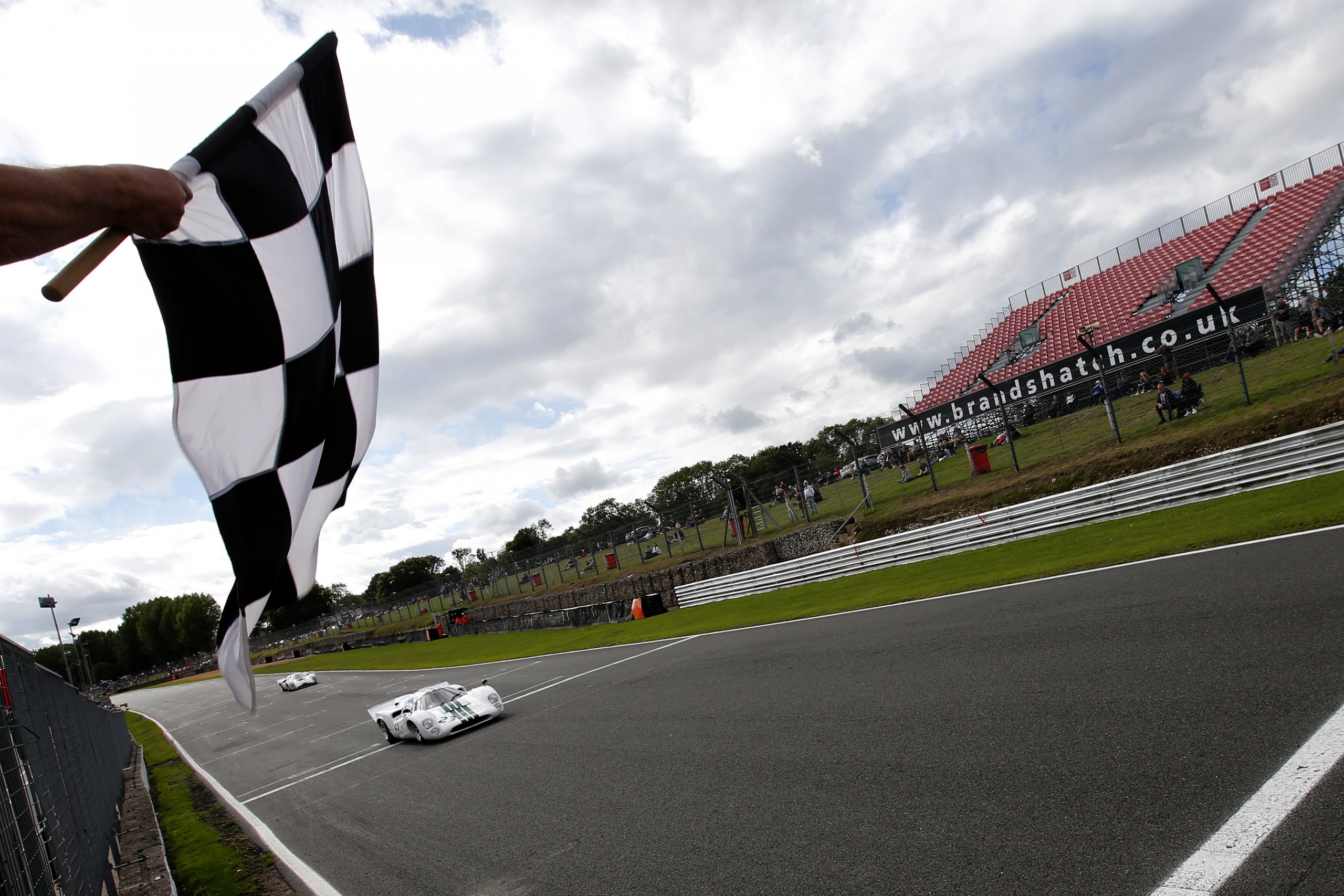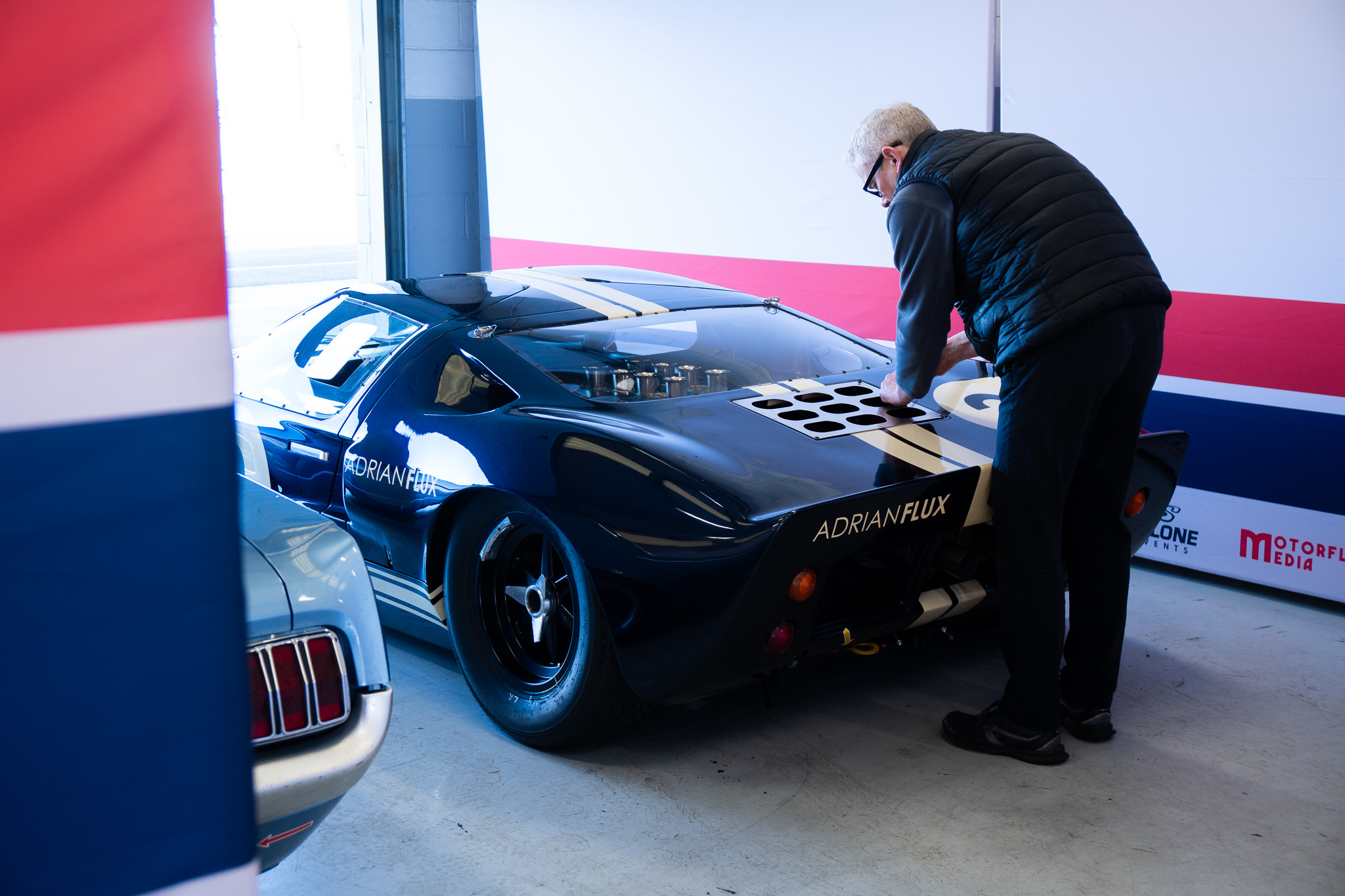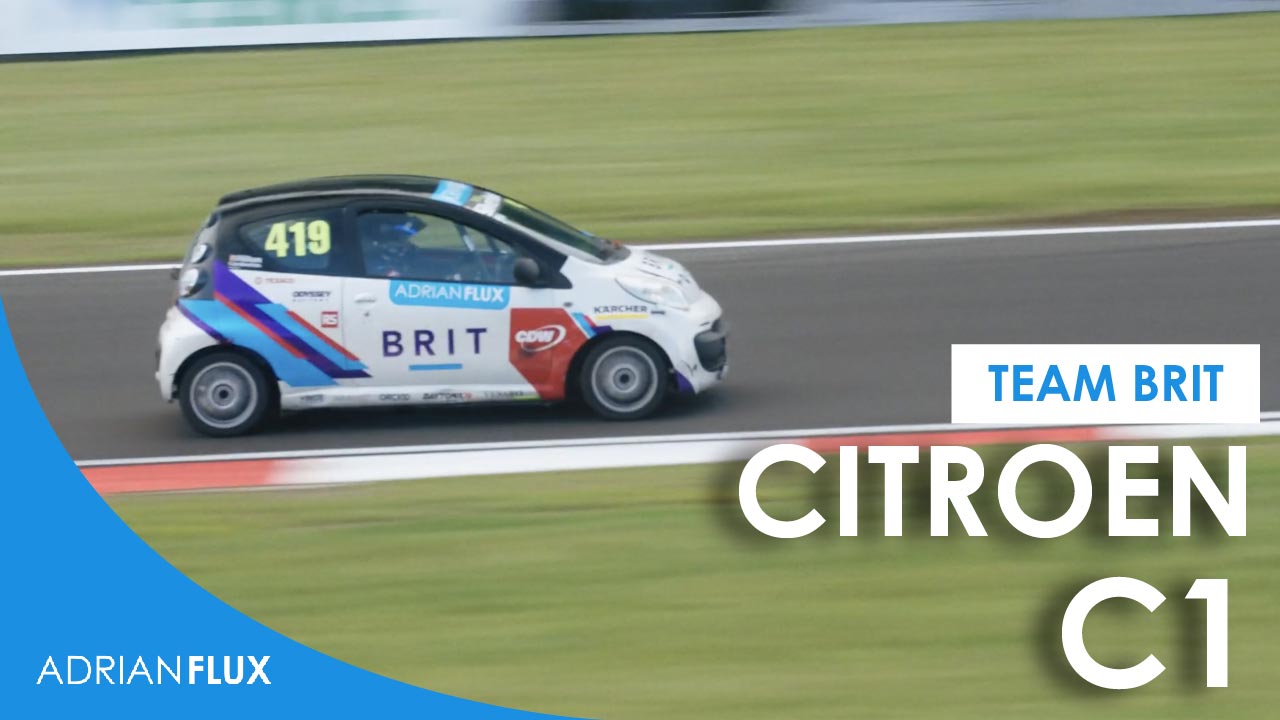Highlights
1 – Winning European Le Mans Series race at Paul Ricard (July)
‘That was all very random but I’m back to doing what I do best’
Winning the first race of the year was a real highlight. Obviously it had been such a rubbish time to be a race car driver and the first part of this year was such a challenge. That sounds horribly spoiled because it was a tough time to be anyone and actually there’s really no bad time to be a race car driver. But if there was ever a tough one that was it.
Nobody knew what was going to happen, nobody knew whether we were going to set foot or set tyre on a race track all year. There were all of the associated concerns; financial, sporting and otherwise. You draw up your contracts at the start of the year and you kind of assume that just because it’s written on a piece of paper then that’s exactly what’s going to happen.
So after all that to come out with a new United Autosports team and just win the first race of the year at a canter kind of drew a line under that phase. It was like we went; ‘Right, now we’re going racing’ and it felt like a period of renewal. We were coming out of that lockdown period, we were getting back out on track – it was like a statement of intent for the year that we weren’t going to be beaten by it.
I remember standing there on a socially-distanced podium after the race thinking: ‘Right, okay, here we go then. That was all very random but I’m back to doing what I do best’.
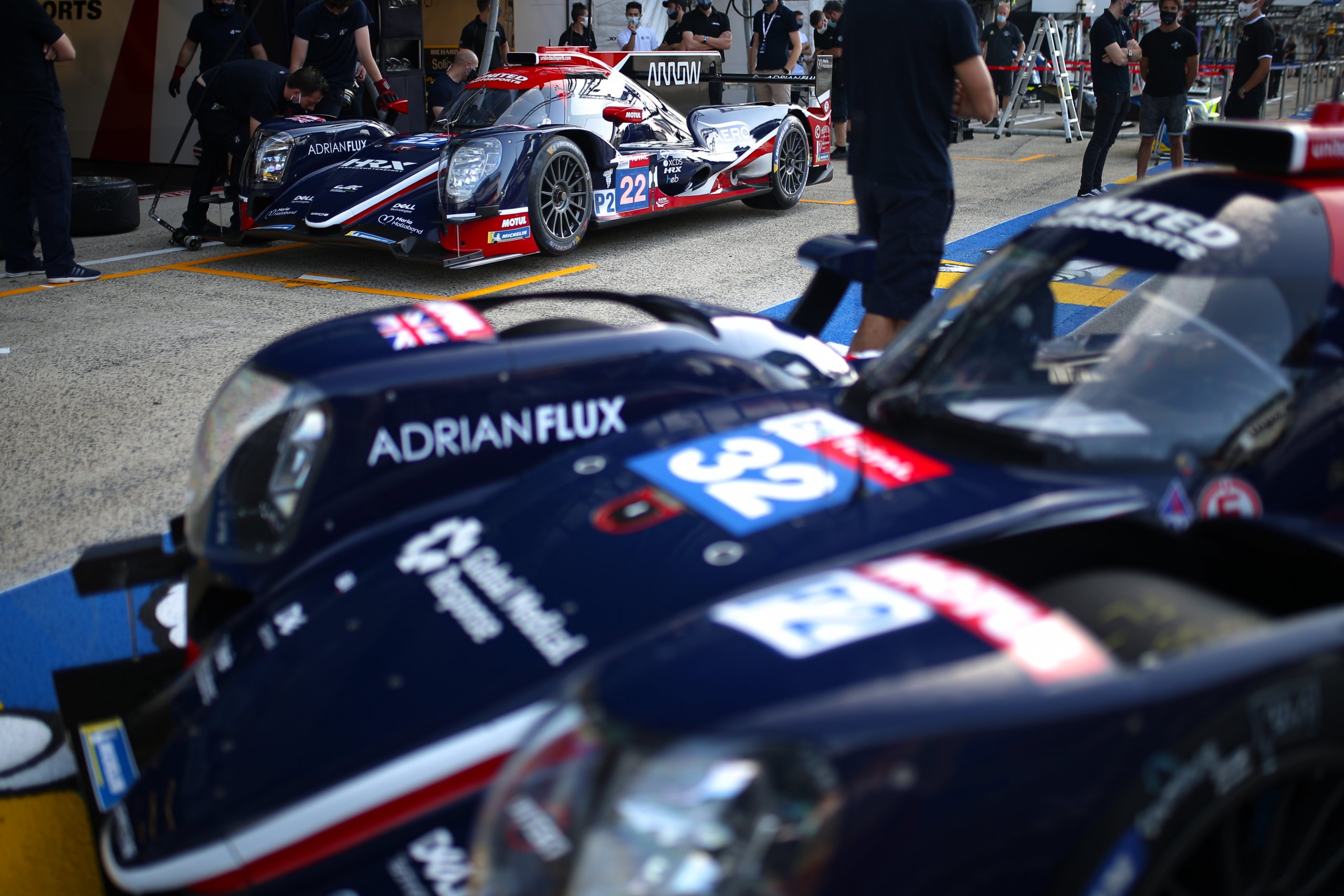
2 – Goodwood SpeedWeek (October)
‘It renews my faith in the passion that people have in cars’
My second highlight wasn’t because of any specific result, per se, but just because of the joy I take in competing there. I’ve already written a review of SpeedWeek but, again, there’s such a community in motorsport and there’s a lot of people you just don’t see for a long period of time. SpeedWeek is something every year that when I go, either as a spectator or driver, it renews my faith in the passion that people have in cars and the passion people have for all things automotive.
When there’s some bloke there, in his kind of pre-War ERA, pounding round absolutely flat out you just think: ‘You nutcase, but how brilliant.’ It gives me heart because there’s a lot of people that will say that motorsport is dying, it’s on its way out and motorsport is not for the future. Well I urge them to spend a day at SpeedWeek and just talk to the bloke who has been restoring a Bugatti Grand Prix car for three years and is taking it on track for the first time that weekend. It’s honestly so mega.
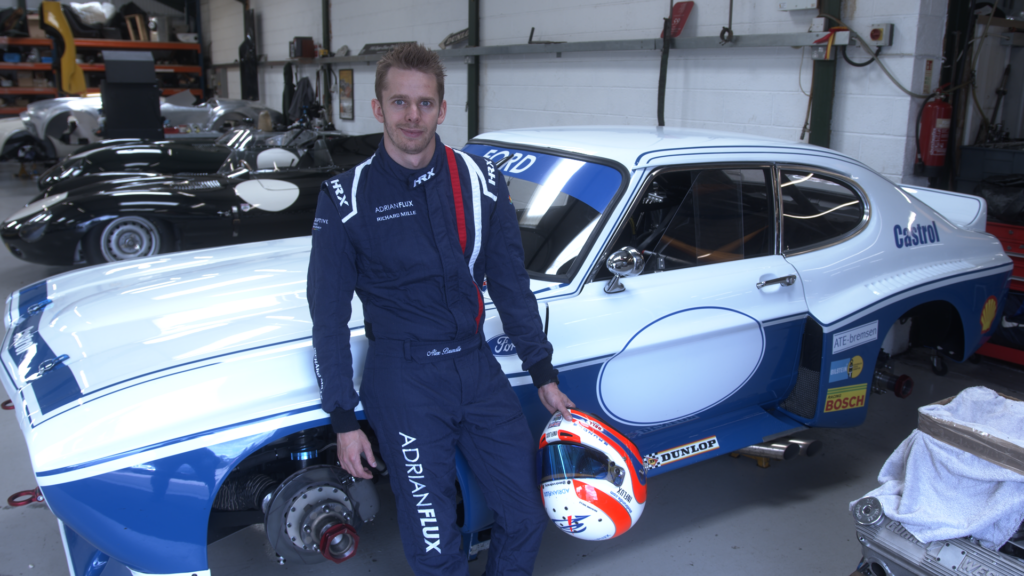
Lowlights
1 – Le Mans 24 Hours, (September)
‘I truly believed we were going to win that Le Mans 24 Hours’
I jumped out of our car at Le Mans leading the race. We’d been fighting so hard with our United Autosport team-mates over the lead and I’d just driven my heart out, honestly. You find an extra gear, somehow, when you’re under pressure in a race like that and I don’t really know how to describe it but I’d found it and I was happy as I jumped out of the car.
In the middle of the night I woke up. You know how you wake up, just completely out of the blue from nowhere because you know something’s up. Well I woke up and turned on my radio to hear all about the oil line failure we had. I was honestly devastated because I truly believed we were going to win that Le Mans 24 hours.
When I was walking back to the campervan I’d just gapped our team-mates by about 20 seconds or so and if you’d have asked me to place a bet on who was going to win I’d have bet on myself. When I got the news, it was quite clear that not only were we not going to finish first, we weren’t going to finish second or third or fourth or fifth. It was just going to be a slog then until the end of the race to maybe finish. It was just such a fall from where we’d been all the way through the race.
It’s weird in motorsport isn’t it? At the beginning of a football match if you score a goal, that goal lasts until the end. You get to the end and even if they beat you 2-1, you’ve still scored that goal. But in a long race like Le Mans you’re continuously walking a tightrope. The gap you’ve built, the goals you’ve scored at the start, just don’t exist as soon as something goes wrong. It’s really brutal from a driver’s perspective.
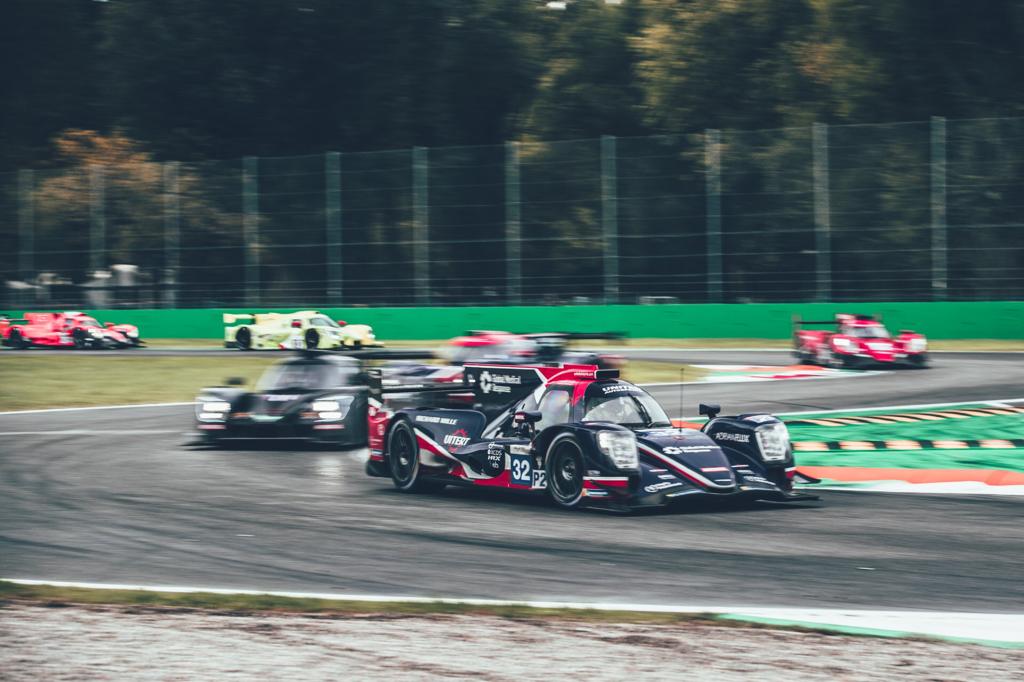
2 – European Le Mans Series (overall)
‘I didn’t want to pick up my second-placed trophy’
Honestly, it sounds really bad, but finishing second in the championship is a highlight and a lowlight. It’s a good result but I can never bring myself to be happy about it. I don’t know about world-class single-seater racing but it really feels like, in a sports car, you either win or you lose and coming second feels like losing to me.
It sounds really bad because we came second to our team-mate and of course in a big team like that your engineering feedback, participation in the team and dedication to improving the car and developing it, is all part of their victory as a certain percentage. But even still it hurts to lose on track. I would consider picking it as a moment I really struggled with, but one that also drives me forward actually, by coming second in a championship I really should have won.
That’s not to take anything from our team-mates who did a fabulous job and to all intents and purposes won the championship fair and square on track. But I feel like the opportunity was there and as a total group on our side of the garage we didn’t take that opportunity. It’s a difficult one to swallow in many ways and it’s something that drives me to go back to try and win or dominate the championship in the way that our team-mates did this year.
I didn’t want to pick up my second-placed trophy. I just don’t like having them. To be second in a race, fine, but to pick up a trophy in a championship is just brutal. It’s even worse because you can’t really be that annoyed and you sound like such a brat. To come second in a field of 20 cars, many with one or two world-class level drivers, is really quite good – but it’s just not winning is it and that’s a problem for me.
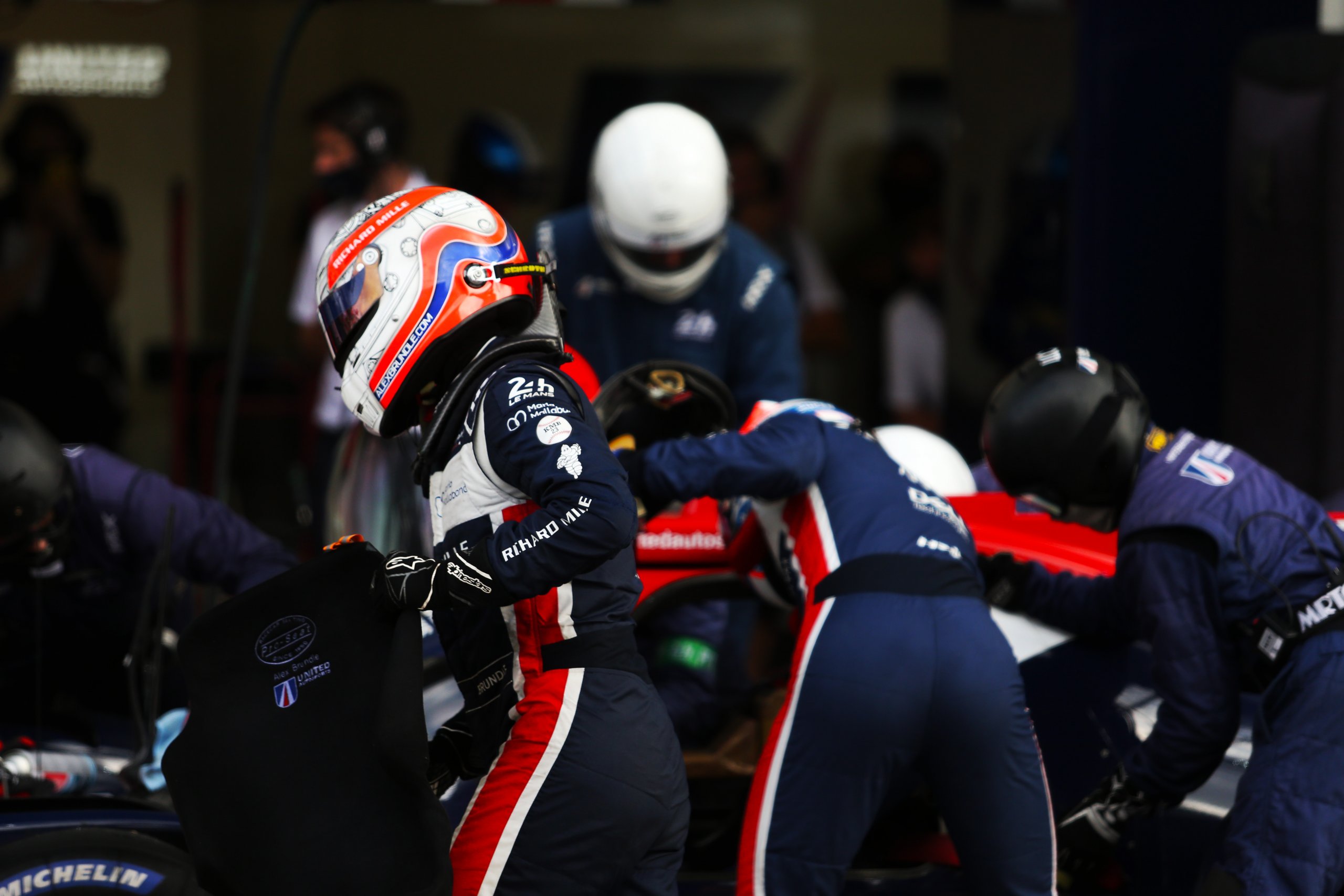
Learnings
1 – Controlling the controllables
‘The reality is that not all cars in historic racing are created equal’
I’ve really learned a lot about controlling what you can control. That is certainly something which historic racing teaches you and to also not underestimate the amount other people understand what you’re doing. It’s quite easy as a driver to always feel that you have to be winning everything all the time – and of course the aim is to do so and be P1 day in, day out. The reality is though that sometimes, given the car, circumstances or available resource, you just cannot just win every time.
Having the maturity, which is probably the right word, to understand that but also the dedication to give your best anyway is something that historic racing teaches you. The reality is that not all cars in historic racing are created equal. Sometimes you’re in a car which is a little underpowered for the race you’re in. Sometimes you’re the baseball, sometimes you’re the bat, in many ways. Those watching on can respect the maturity to give your all and to also calmly go about your business whether you’re in either one of those positions.
As young drivers we drive so much in spec racing formulas where the big attraction of the formula is that all of the cars are the same and that’s the intention. It’s the drivers who are being evaluated. Racing didn’t used to be like that and you used to race for a manufacturer who would be there to build the best car they could build and actually you, as the driver, were part of that. At the same time you were racing the car you had and just had to perform and deliver the best you could.
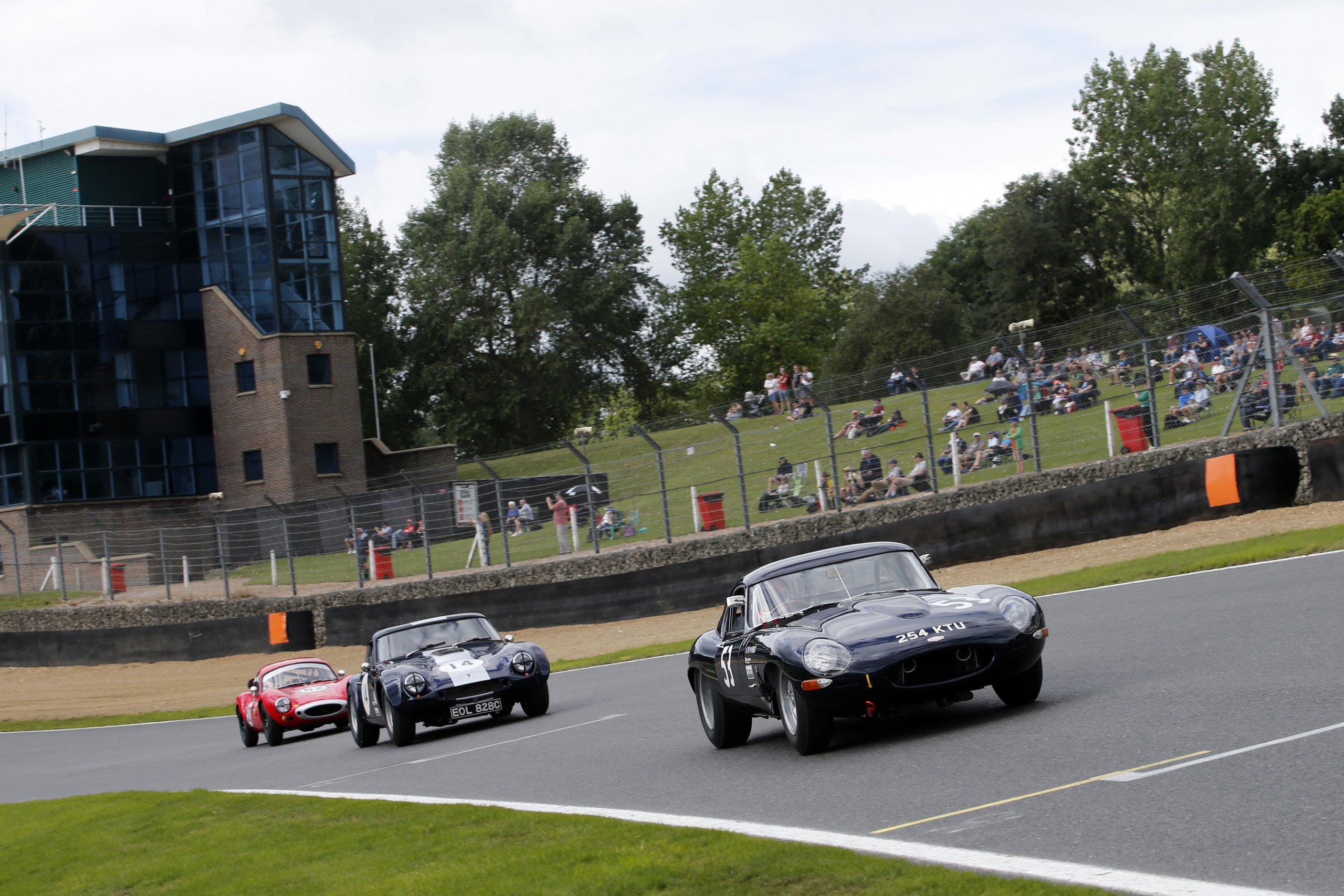
2 – Creating more connections
‘Nobody can employ a driver that they’ve never heard of’
The more you connect with people in the sport, the better it is. Again, that’s another thing I’ve learned from the classic side of racing but it’s also something that’s come across in the media work I’ve been doing with F1 TV and Formula 2. It’s a very, very big wide world out there and there are a lot of racing car drivers in it. If you can find a way to connect directly with the audience and people who are passionate about racing cars, or run and own racing cars, then it gives you a real leg up in the modern racing side of things.
Nobody can employ a driver that they’ve never heard of and that’s actually something I didn’t really appreciate very much before. There was a certain assumption that if you were just doing a good job in the car that eventually that performance would yield results. Well actually, you’ve got to give both the performance and then market that performance in many ways. It’s not something that is natural to me, to basically walk into a team environment and really yell and scream and shout personally. But it’s certainly something I needed to do more of because I was missing out on opportunities because I wasn’t getting my elbows out and being first in the queue.
It’s one of those things that the media gives you a feel for. When you are the commentator it gives you a feel for how the drivers you’re commentating on communicate with you and then, if you can synthesize it properly, it gives you a feel for how you as a driver might communicate with the people who are covering you race.
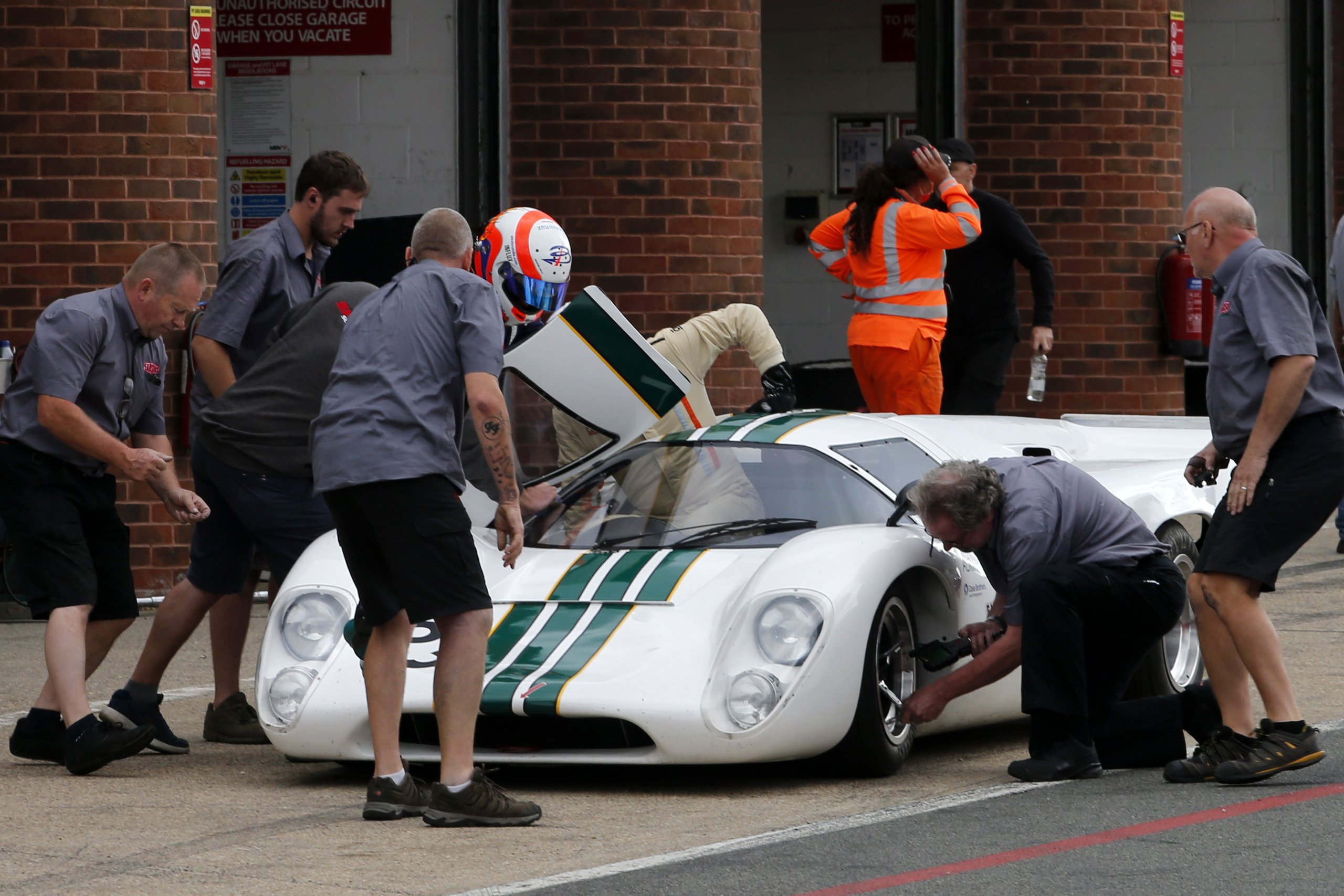
2021 plans
1 – Seeking a major sports car championship
‘There’s still a hard performance-driven desire to be the best sports car driver that I can be’
I think it’s clear, as I’ve just missed out on a major sports car championship, I’ll be seeking to win a major sports car championship in 2021. That’s without doubt. I’ve also just missed out on the Le Mans 24 hours so the hunger is there and in the competitive sense the edge is there to go and win competitive races. My world still revolves very much around that.
It’s certainly fuel and what’s really important in the winter is that it drives you in the right direction. I’m 30 years old now, I’ve done a few laps, and I think it’s down to me and using my experience now. I’ve been in this situation in the past where you’ve lost out and you need to refocus and drive yourself forward. But I also think it’s important to look back and reflect on all the things that went right. Dedication and good performance managed to put us in the position to be in the hunt.
There’s still a hard performance-driven desire to be the best sports car driver that I can be next year and that’s fundamental.
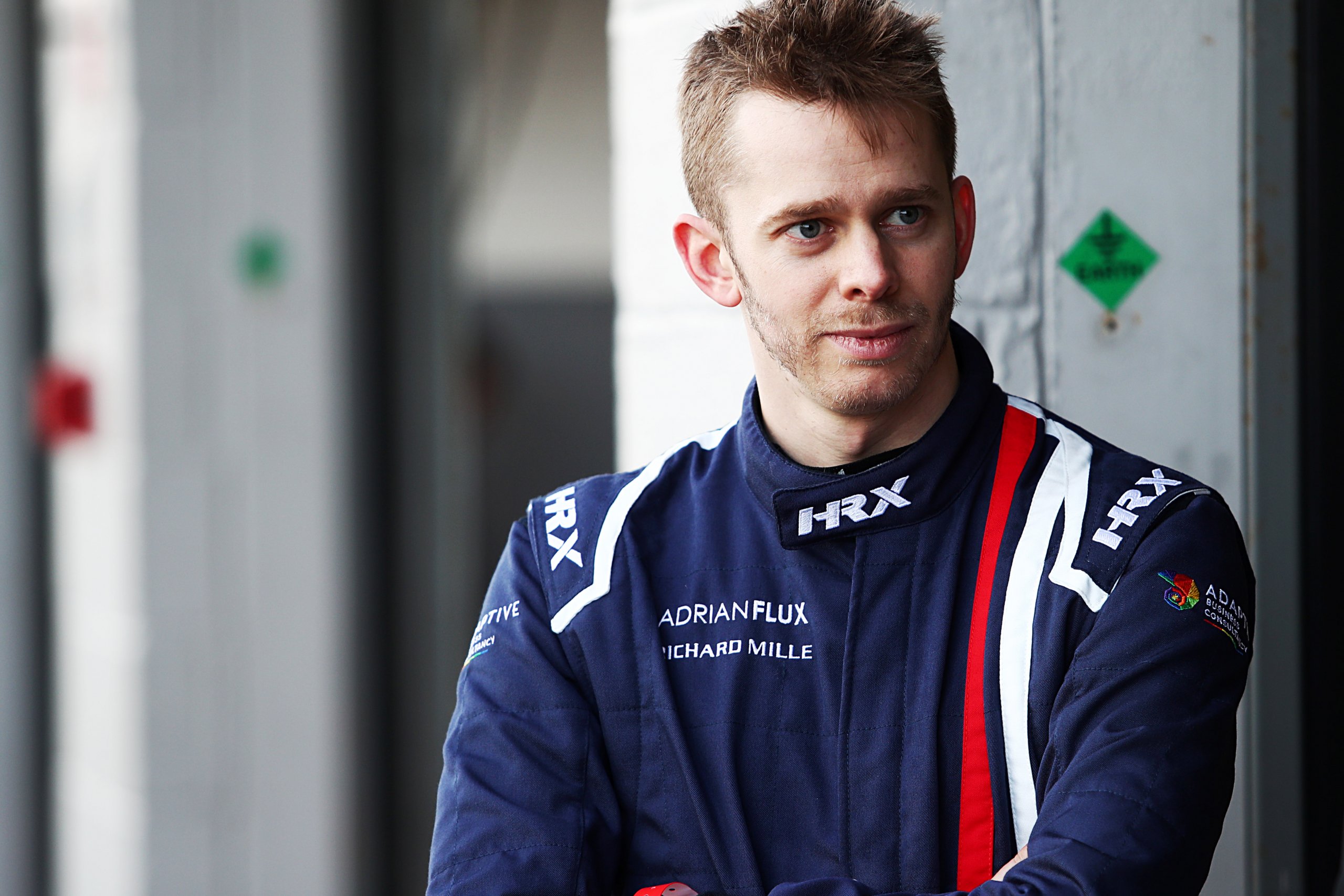
2 – More major historic racing
‘Those ‘pinch yourself’ moments are a big part of motorsport too’
Those major historic events; the Le Mans Classic, Goodwood Revival and Silverstone Classic will all be returning in some form. There are incredible grids and incredible cars and there’s a part of me that wants the opportunity again to test myself.
One thing that’s amazing for me in those environments, like the St Mary’s Trophy at Goodwood, is that the grids are mega. Those ‘pinch yourself’ moments are a big part of motorsport too. In a world where you could earn money doing something else, classic racing is not the most straightforward path. But those opportunities to test myself in those cars against those people – the drive to do that is there and the excitement for doing that is huge.
It sounds a lot like ‘same again’ but it’s about a honed attitude in sports car racing towards the understanding that victory is achievable in both the Le Mans 24 Hours and the European Le Mans Series. And with a greater experience in historic racing, having that extra understanding of quite how amazing those events are and quite how great it is to share the race track with those names, those people and those cars. I think those two elements are the same but different in the way I will approach them.
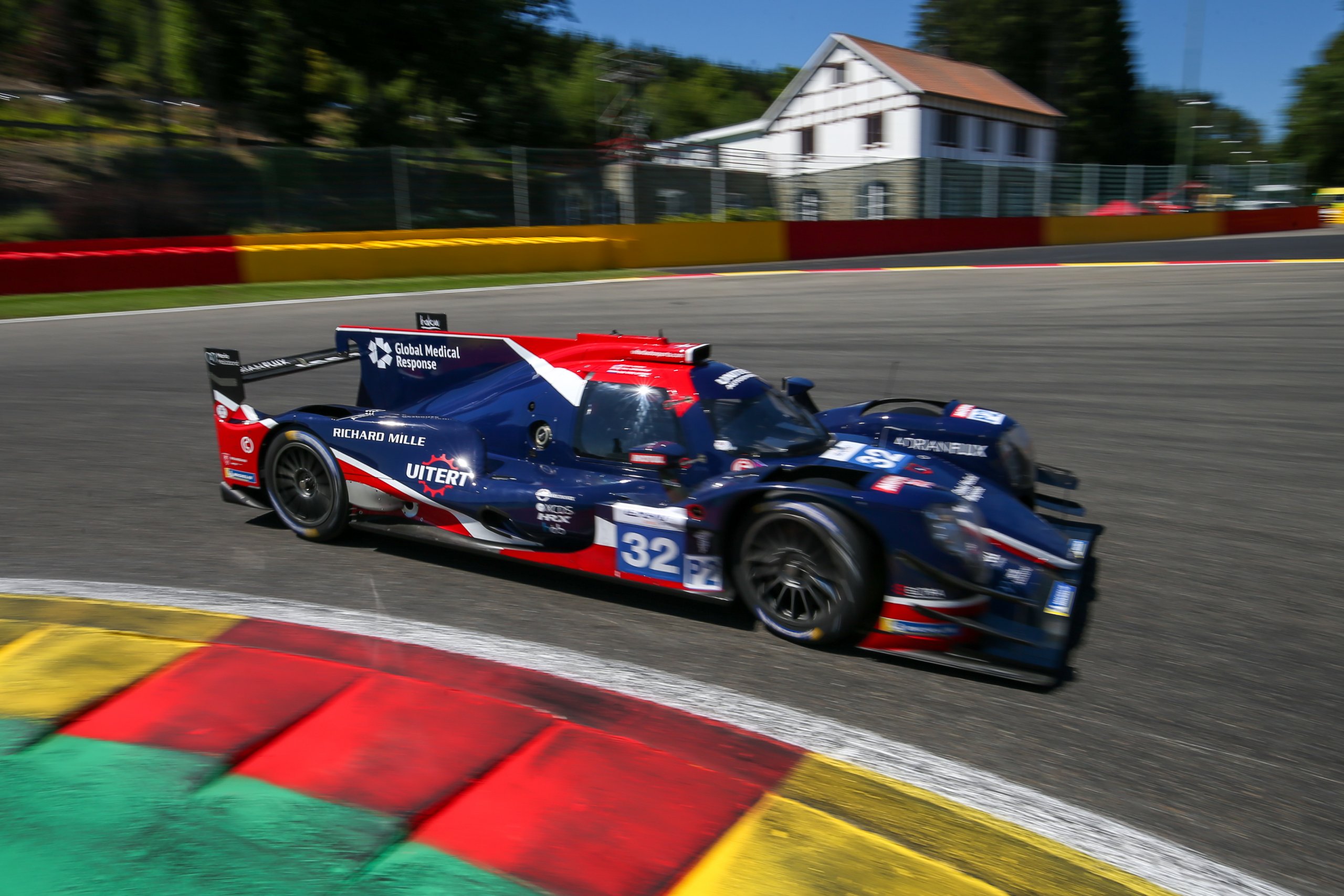
The dreaded c-word
1 – Coronavirus – no fans
‘Nobody ever dreams about racing with no one there watching’
The grid is where you notice. When you’re in the car you’re pushing so hard to try and achieve the result. The fans are there enjoying themselves and sometimes you catch them, especially at Le Mans. But it’s when you’re sat there on the grid, particularly at Le Mans, and you’re used to the hustle and bustle and you’re given stuff to throw to the crowd, that’s when you notice. That kind of boisterous madness, that kind of eccentricity, that you only really get when there are fans at the race track. It’s part of it.
Nobody ever dreams about racing with no one there watching. All of our dreams of racing as kids were in front of a crowd doing the Mexican wave as we did our qualifying lap, Lewis Hamilton, 2008 Silverstone style. It doesn’t have the buzz without them there. It’s a bizarre sensation though because actually when you pick up your phone or your computer, they’re there because they’re watching. You see them on Instagram, clipping you up on Twitter and reposting you on YouTube, but they’re just not there and it’s weird.
Honestly, it’s like The Matrix. It’s the most bizarre thing to have hundreds of thousands of people watching your event, none of whom you can connect with and it can actually lull you in a real false sense of security in many ways. You feel like you’re in this little bubble and just having a race amongst yourselves but actually when you make an error and it goes viral across the web, wow, it’s a real eye-opener.
It’s upsetting to not have people there because I love to connect with the fans. But secondly it’s a challenge because you always need to remember – in the way that you drive, conduct interviews, and promote yourself and all of the people associated with you – that just because the audience isn’t there, it doesn’t mean they’re not watching.
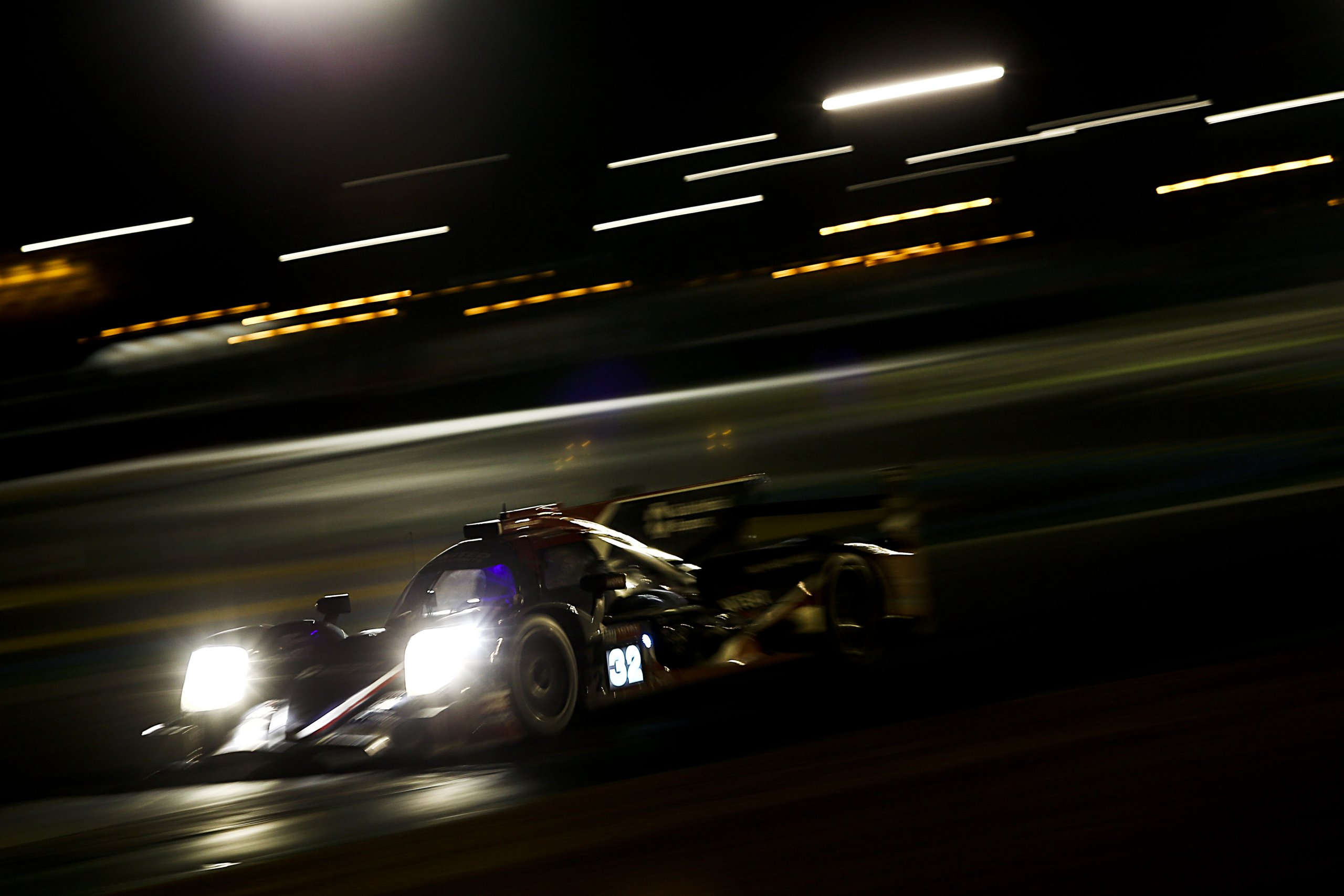
2 – Coronavirus – Renewed passion
‘I felt really motivated to get back, get going and get building’
In the hierarchy of people affected by lockdowns, I was not at the front. ‘Oh dear, Alex didn’t get to drive a racing car’. Nobody’s crying me a river over that one and they shouldn’t be either. A lot of people have been affected extremely aggressively and it’s made their lives incredibly difficult. As somebody in my position you try to sit, shut up and take stock and then enjoy the opportunity to come back and race when you can and support the industry that you love.
Certainly through that time period everybody had the opportunity to sit, take stock and decide. There was nothing else to do was there apart from look at your own shadow, and then your own shadow starts talking to you about what you want to do for the rest of the year and your career. I know there were colleagues of mine that sat and, whether immediately or at the end of the season, decided that they’d had enough and racing wasn’t for them anymore. They couldn’t go every winter and find the backing and go into the teams and suffer the politics and all of the associated things. I wasn’t one of those and I’m actually really heartened by the fact that I wasn’t.
I came out of the summer lockdown with a renewed sense of purpose and passion for it, particularly for the new programmes with the classic stuff and the media side of it that I was doing. I felt really motivated to get back, get going and get building and it was a really good driving force for the rest of the year.
Alex Brundle was talking to Gavin Caney.
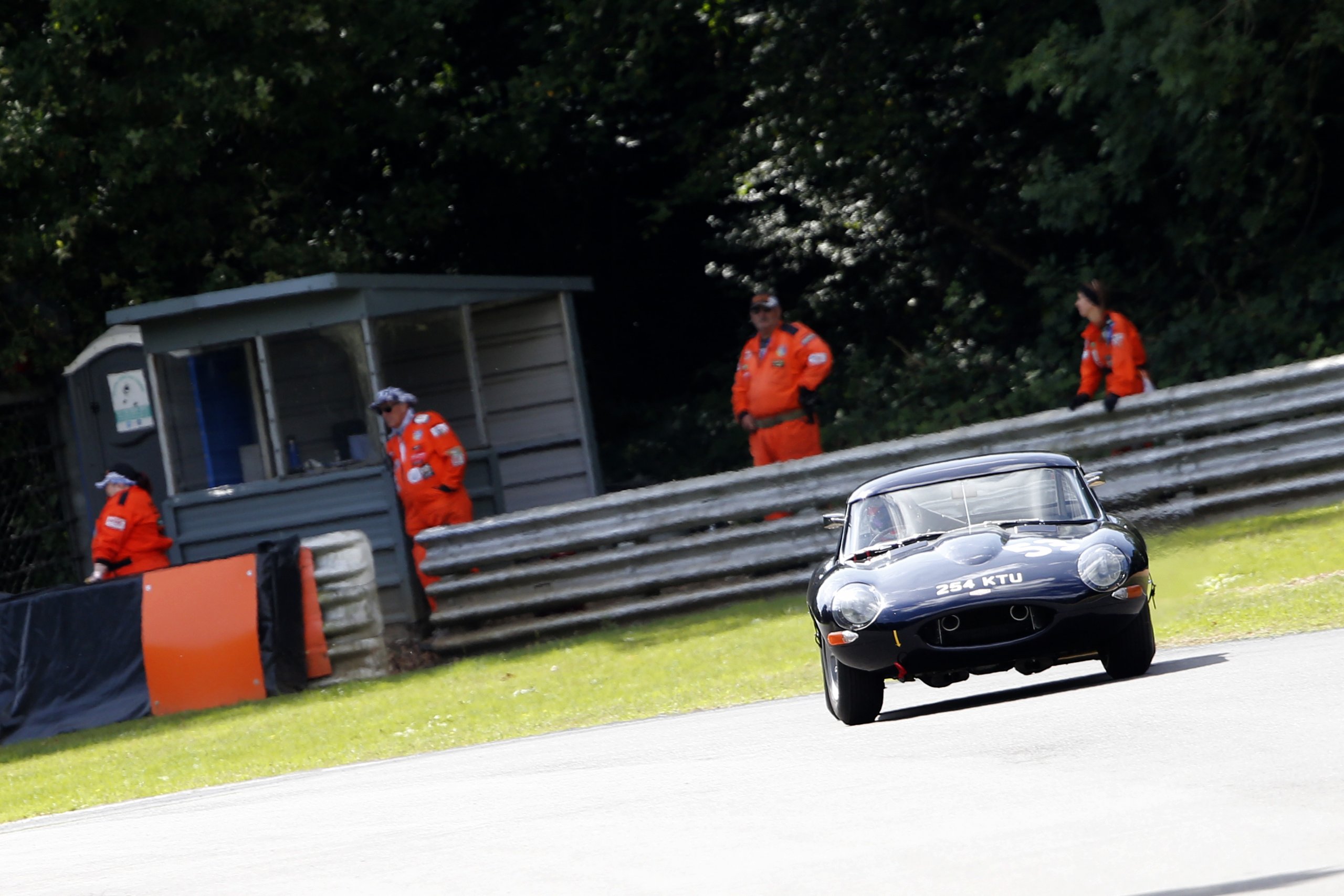
If you’re lucky enough to drive a historic classic car like Alex Brundle, or enjoy partaking in track days, you’ll need to ensure you have the appropriate cover.
Adrian Flux is one of the UK’s largest specialist motor insurance brokers and covers everything from classics right through to heavily modified sports cars – and plenty inbetween. By speaking to a specialist broker on the phone, lots of money can be saved by tailoring the quote to your exact needs.
Call 0800 503 9920 for a quote or book a call back at a time that will suit you.
It’s cheaper by phone: 79.5% of customers receiving an online quote between September 2018 and December 2019 could have obtained a cheaper deal if they had called (based on the information they provided).
